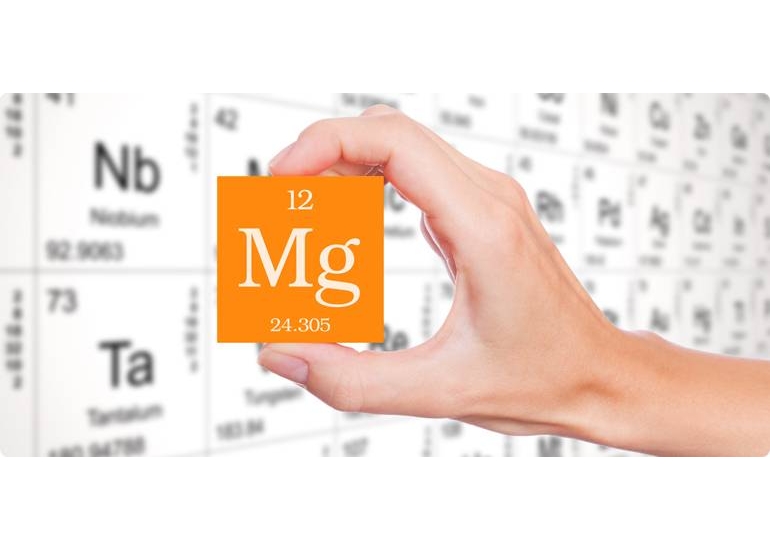The main reasons to use water pitchers are to remove unpleasant taste of chlorine and reduce hardness and limescale, caused by the excessive concentration of calcium (Ca) and magnesium (Mg) salts in tap water. Although a certain level of water mineralization is beneficial for our health, too much of minerals result in a poorer taste of water, tea, coffee and drinks in general.
Hardness also damages kitchen appliances: when boiled, water forms a scale sediment on the surface of heating elements, reducing their life and increasing energy consumption.
What's worse, if one's body is predisposed to accumulate salts (which is common), an excessive mineralization causes additional stress to kidneys.
Reducing water hardness
To soften the water, the majority of the filter pitchers use ion-exchange resin. It reduces the concentration of both Calcium and Magnesium in water by replacing their ions (Ca+ and Mg2+) with Sodium. As a result, water tastes better and forms less limescale.
The concentration of Magnesium in tap water is generally a few times less than that of Calcium. Therefore, it is recommended to preserve or restore certain levels of Magnesium in drinking water, given its positive effect on our health.
There are two widely used methods of enriching potable water with Magnesium:
In the first method, the large part of the ion-exchange resin contained in the cartridge is initially in magnesium form (enriched with magnesium ions) [Patent JP2014512268, Patent EP2094611]. During filtration, ions of magnesium are dissolved in filtered water.
The second method is based on adding granulated magnesium mineral either into the filter cartridge itself [Patent EP3034145] or in a separate container [Patent EP2517787]. During the contact with filtered water these granules slowly dissolve and magnesium is evenly released into the water.
The first method has some major drawbacks:
- It significantly decreases the ability of the cartridge to remove hardness. The inventors of this method suggest having 30% to 70% of ion exchange resin in magnesium form, meaning only remaining part of resin reduces excessive Calcium. Thus, limescale formation in kitchen appliances begins much earlier.
- Under certain conditions (i.e. high salinity or low pH), water can take in significant amounts of magnesium (up to 50 mg/l) so mineralization capacity of the cartridge runs out too soon.
- In the presence of sulfate ions in tap water, water may taste bitter after filtration.
The second method adds smaller quantities of magnesium to filtered water. However, it is less prone to cause bitterness and leaves the cartridge capacity to reduce hardness almost intact. Aquaphor uses this method of enriching water with magnesium in its filter pitcher cartridges.
Remember, Magnesium in drinking water should only be seen as a supplement to your daily consumption of minerals. The main source of minerals and vitamins for your body is a healthy diet.

